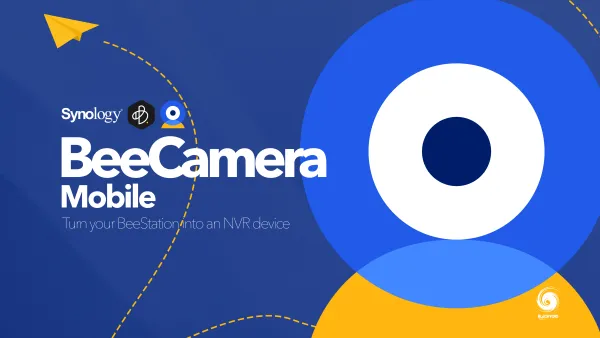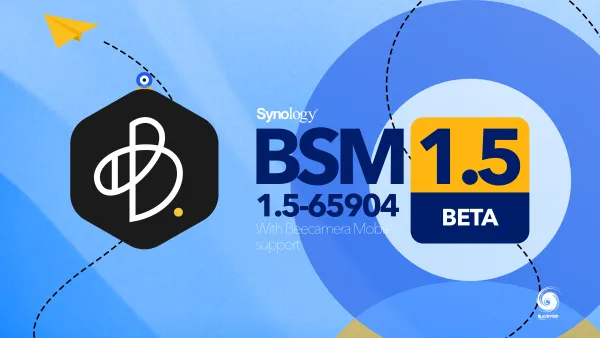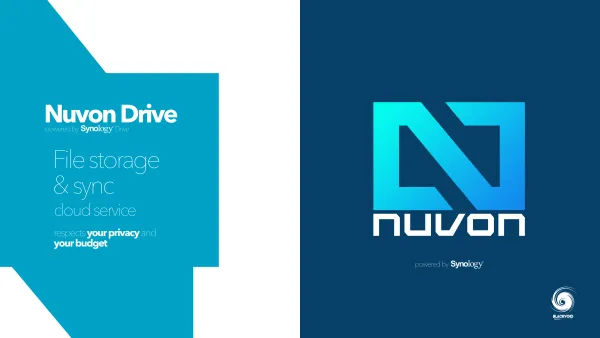Synology BeeStation Plus overview
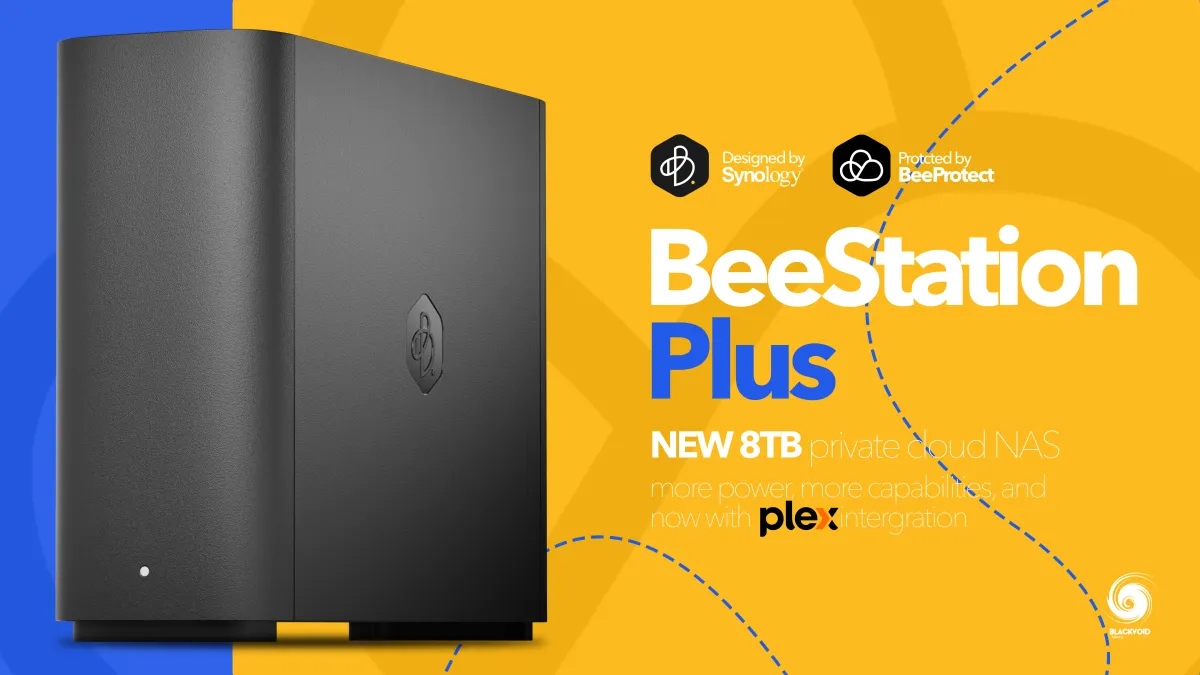
It's already been a year and a half since the first BeeStation announcement, and today we find ourselves eagerly awaiting its successor, the BeeStation Plus. The new Plus model, with the model number BST170-8T, looks identical on the outside but offers several specification upgrades. These enhancements are likely to make it even more appealing to non-technical consumers.
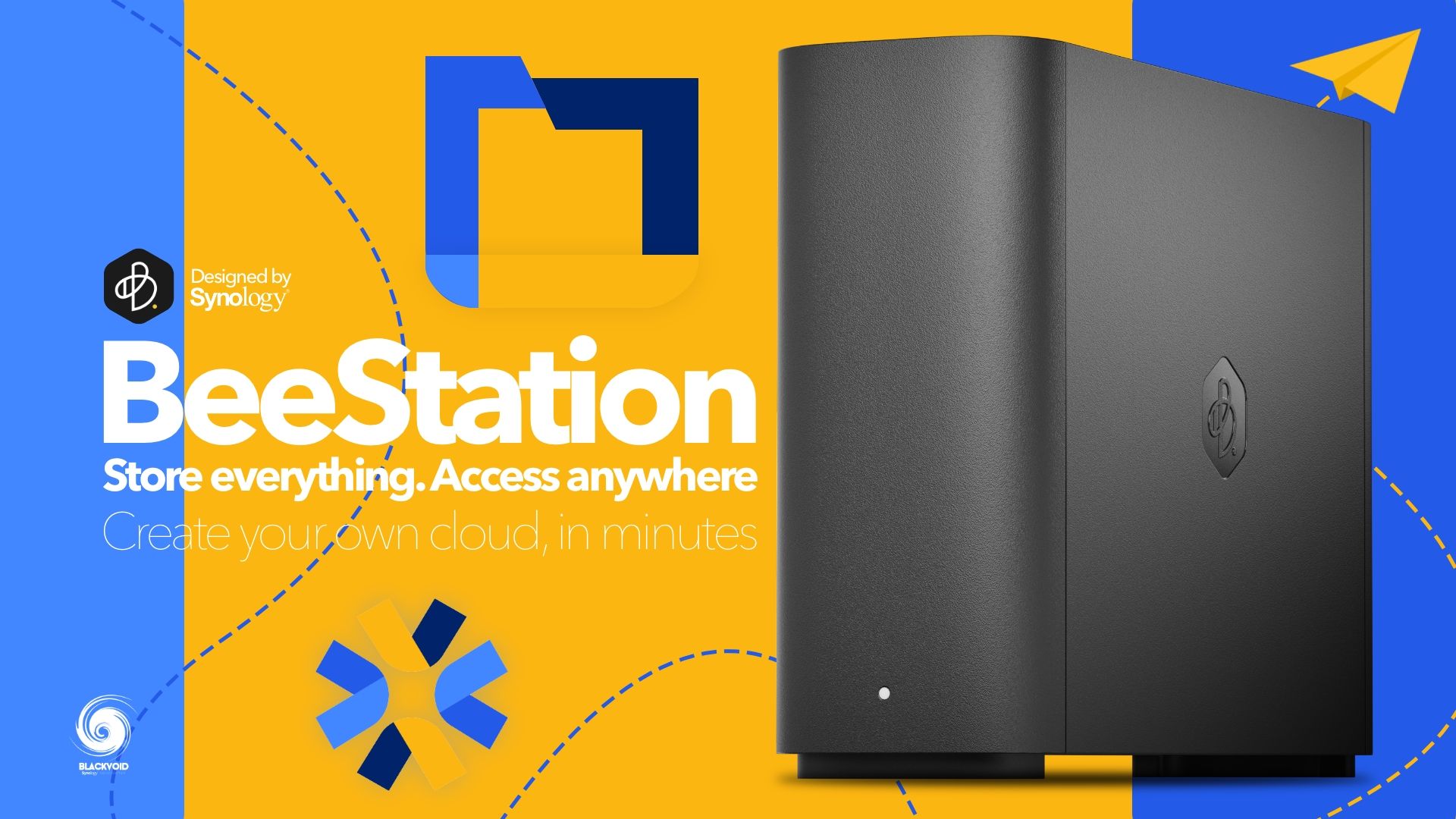
Full hand-on review of the initial BeeStation 4TB model
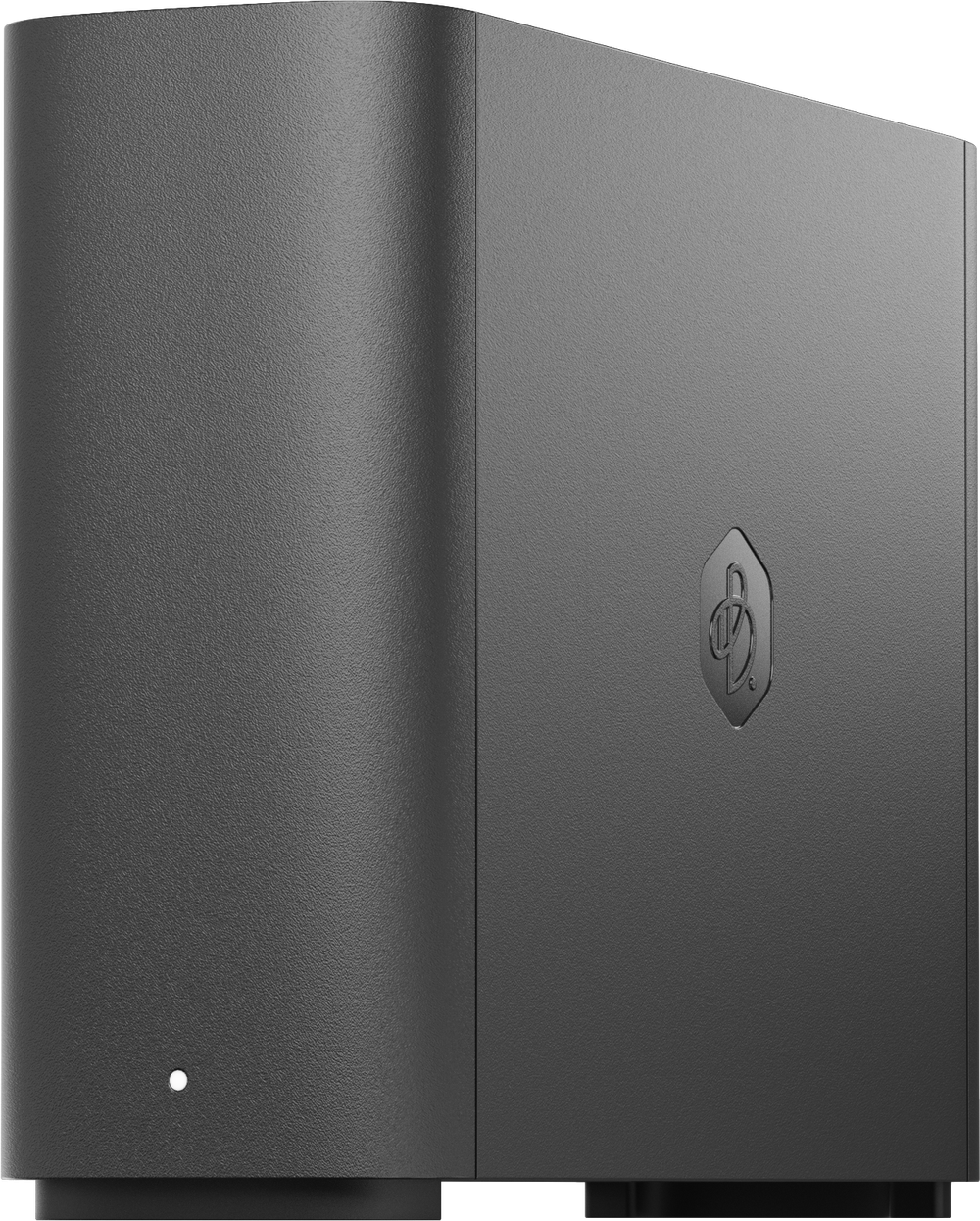
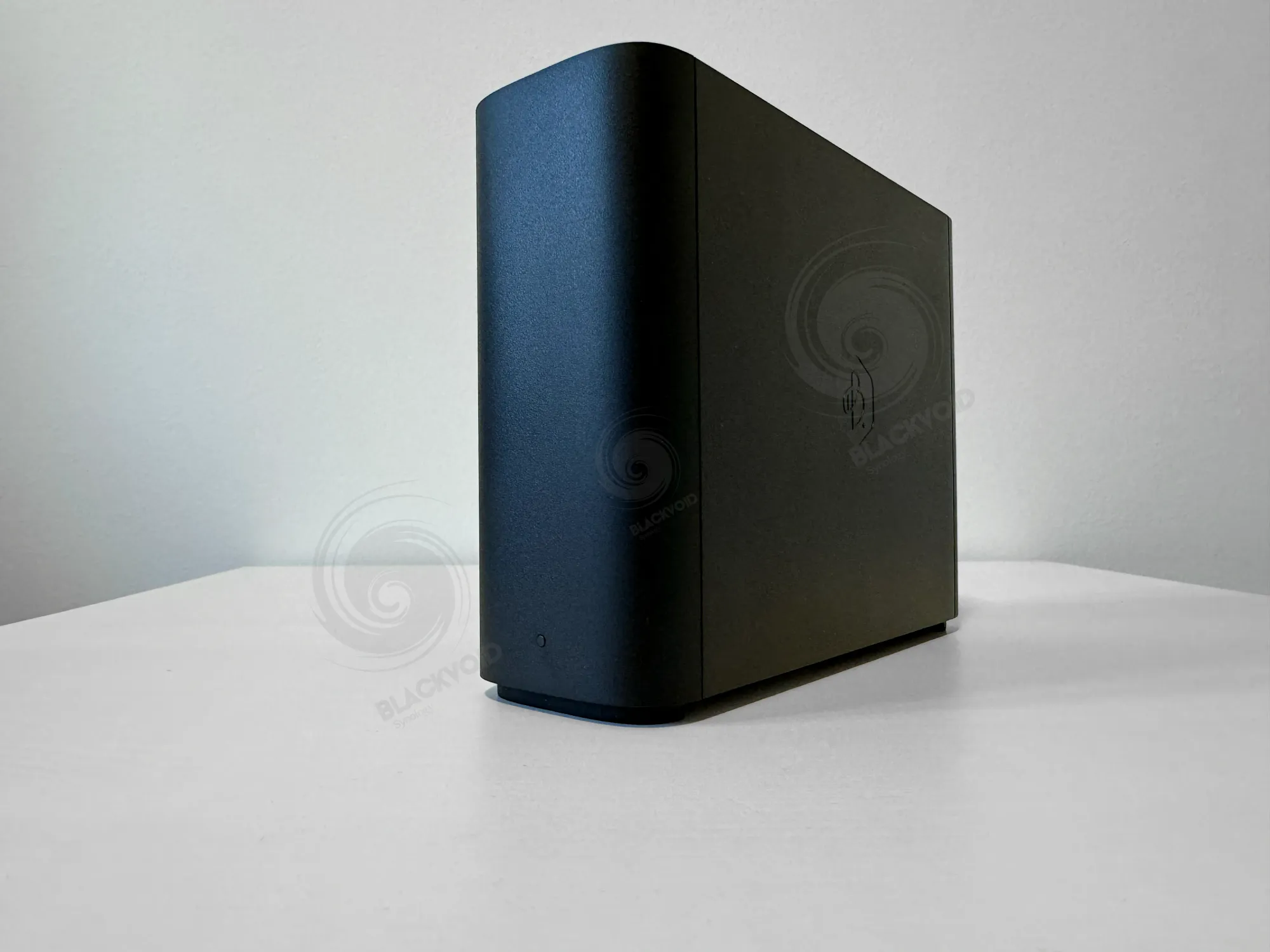
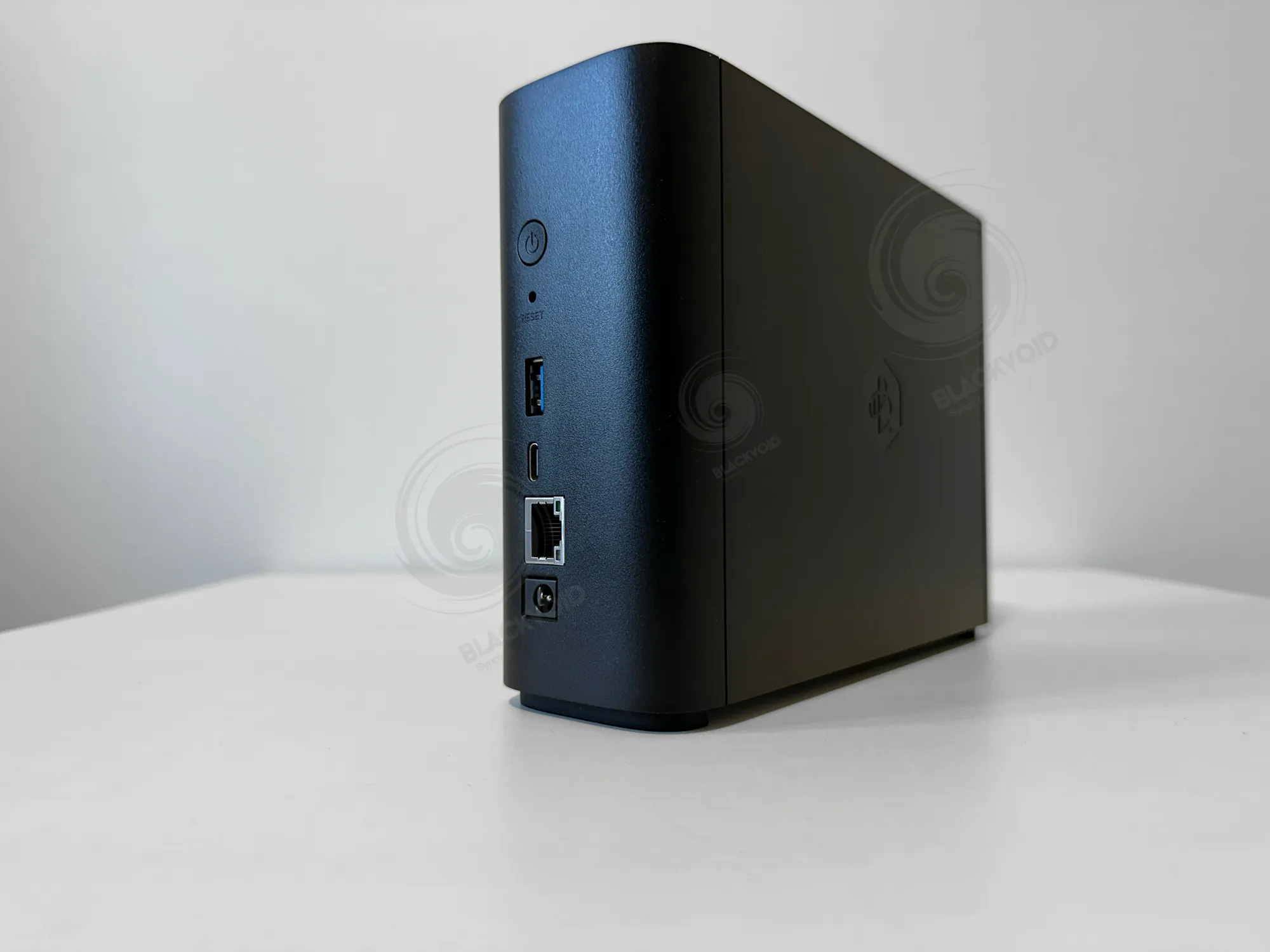
The new model was presented earlier this year at CES in Las Vegas in January. Now, seven days before the Computex 2025 expo, it is once again in focus as its imminent arrival has been announced. In October 2024, BSM packages and some SPKs were detected on Synology's download site, indicating a new upcoming model featuring an Intel CPU, as opposed to the existing 4TB version that operates with a Realtek CPU.
So what's new?
The new BST170-8T features the same single-bay enclosure and identical port configuration at the back. The major upgrades include an enhanced CPU, increased RAM, and double the storage capacity.
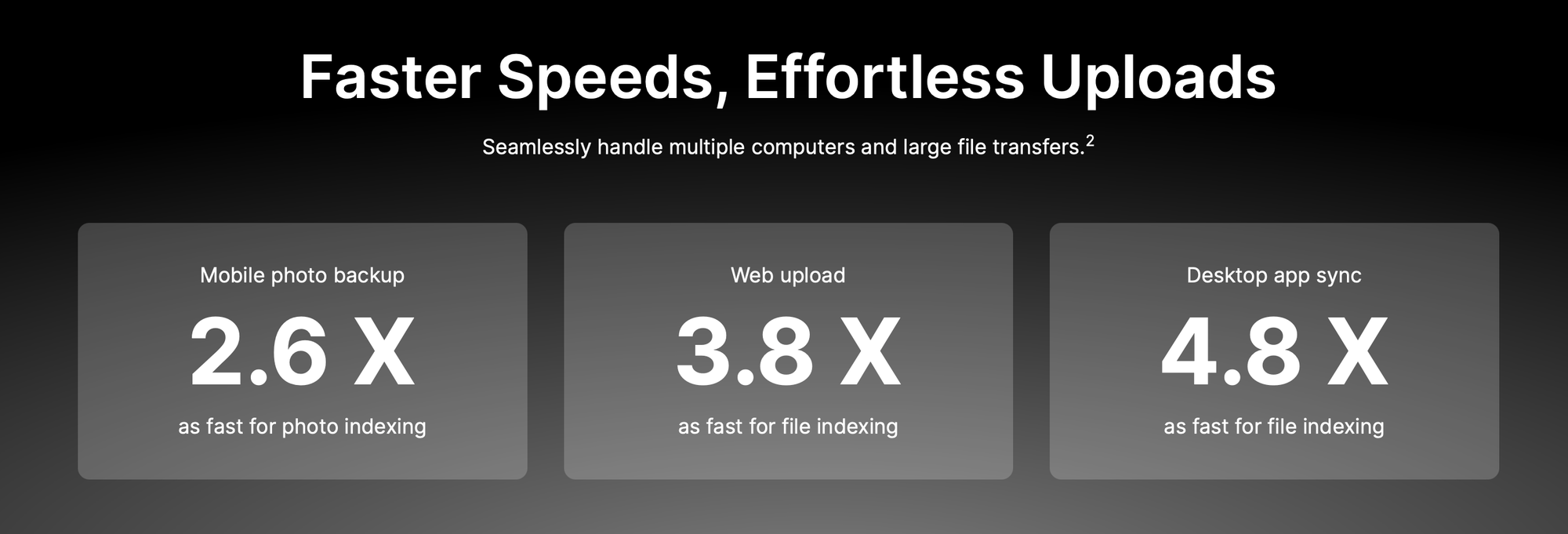
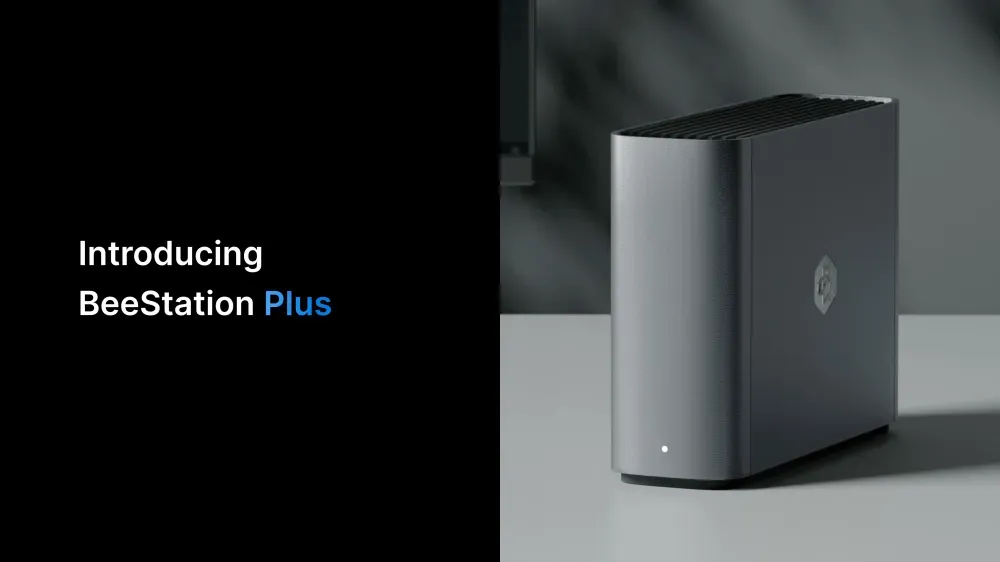
The Plus model now features an Intel Celeron CPU, specifically the popular J4125 found in multiple 'Plus' NAS models offered by Synology. It also boasts four times more RAM, with a total of 4GB of DDR4, and the previously mentioned 8TB capacity. Notably, the drive inside the new Plus is no longer the slower 5400 RPM HAT3300 4TB but has been upgraded to the 7200 RPM HAT3310.
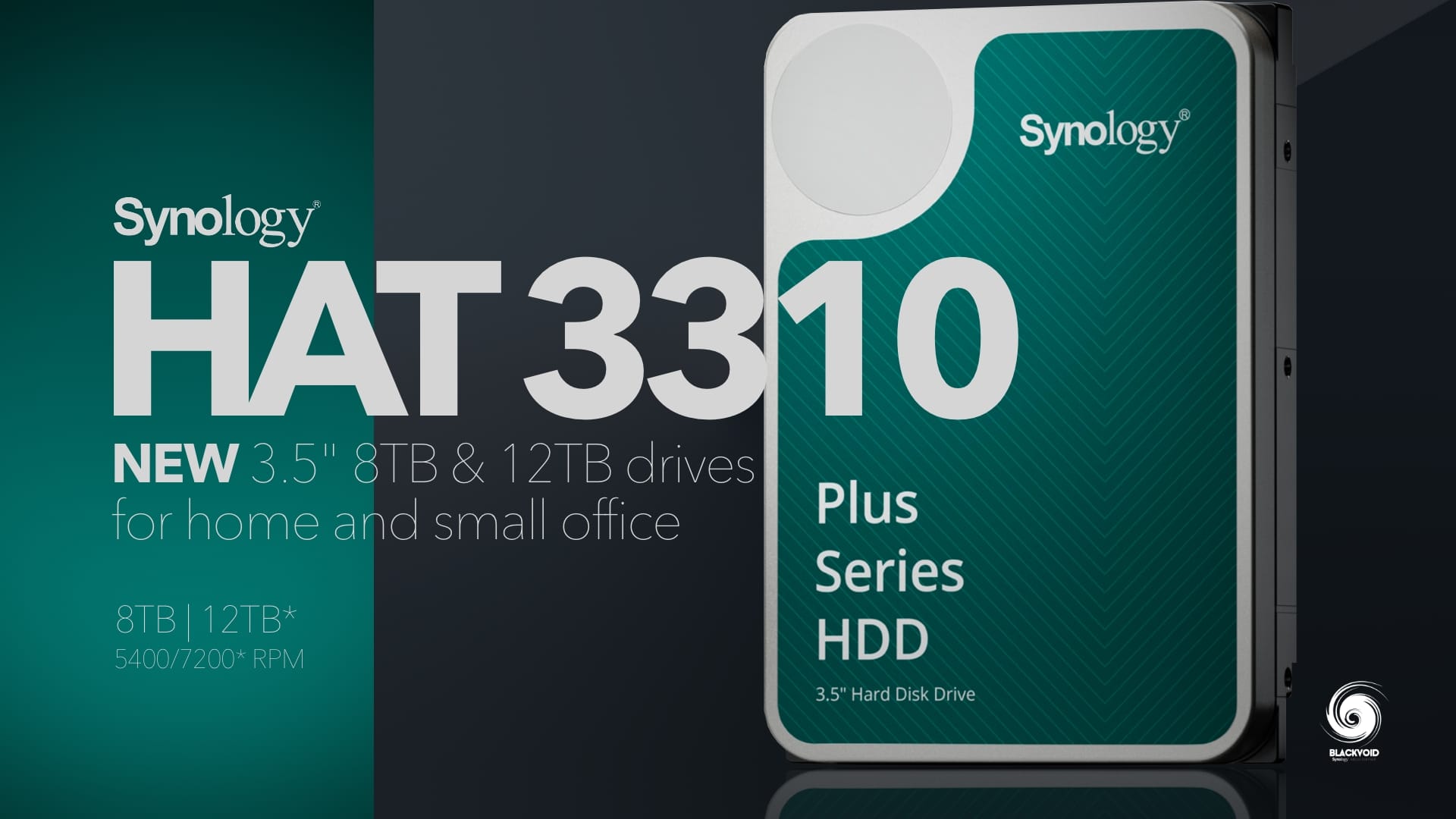
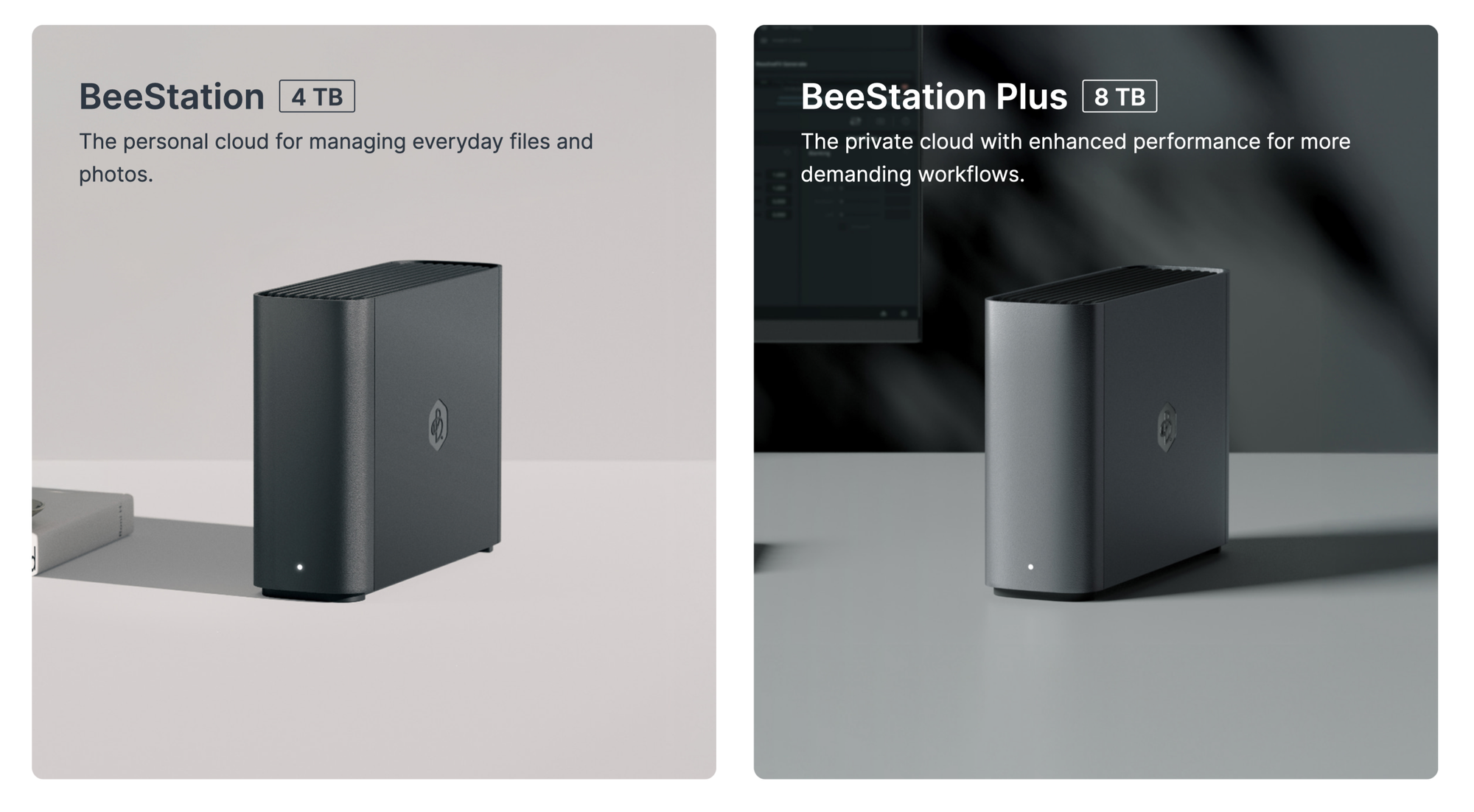
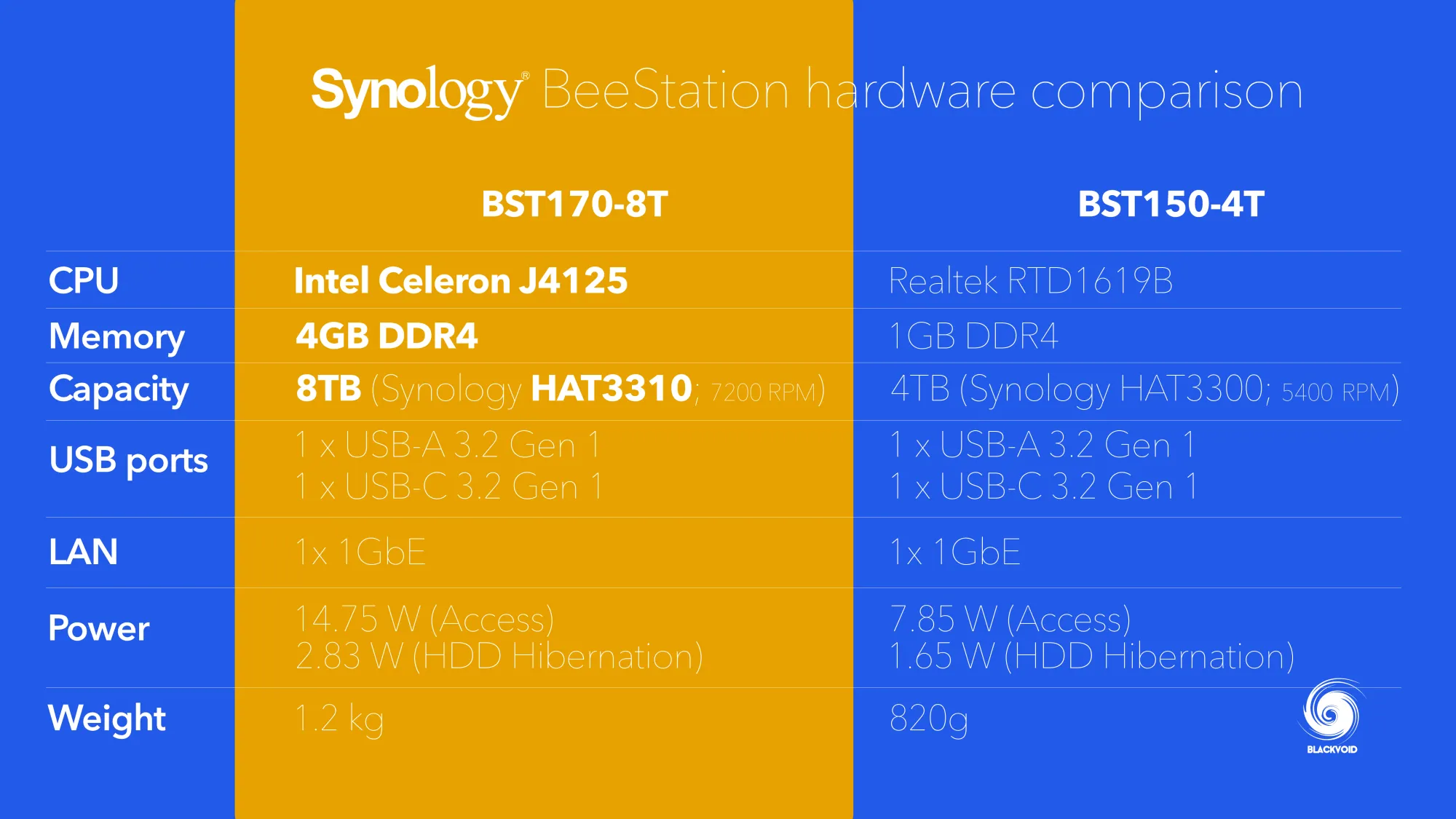
The USB and LAN ports remain unchanged from last year, featuring a single USB-A 3.2 Gen 1, a USB-C 3.2 Gen 1, and a standard 1GbE LAN interface. The device's weight has increased due to the drive swap and the addition of active cooling to accommodate the CPU and disk upgrades. Additionally, these changes result in a 100% increase in power consumption during both idle and active operations.
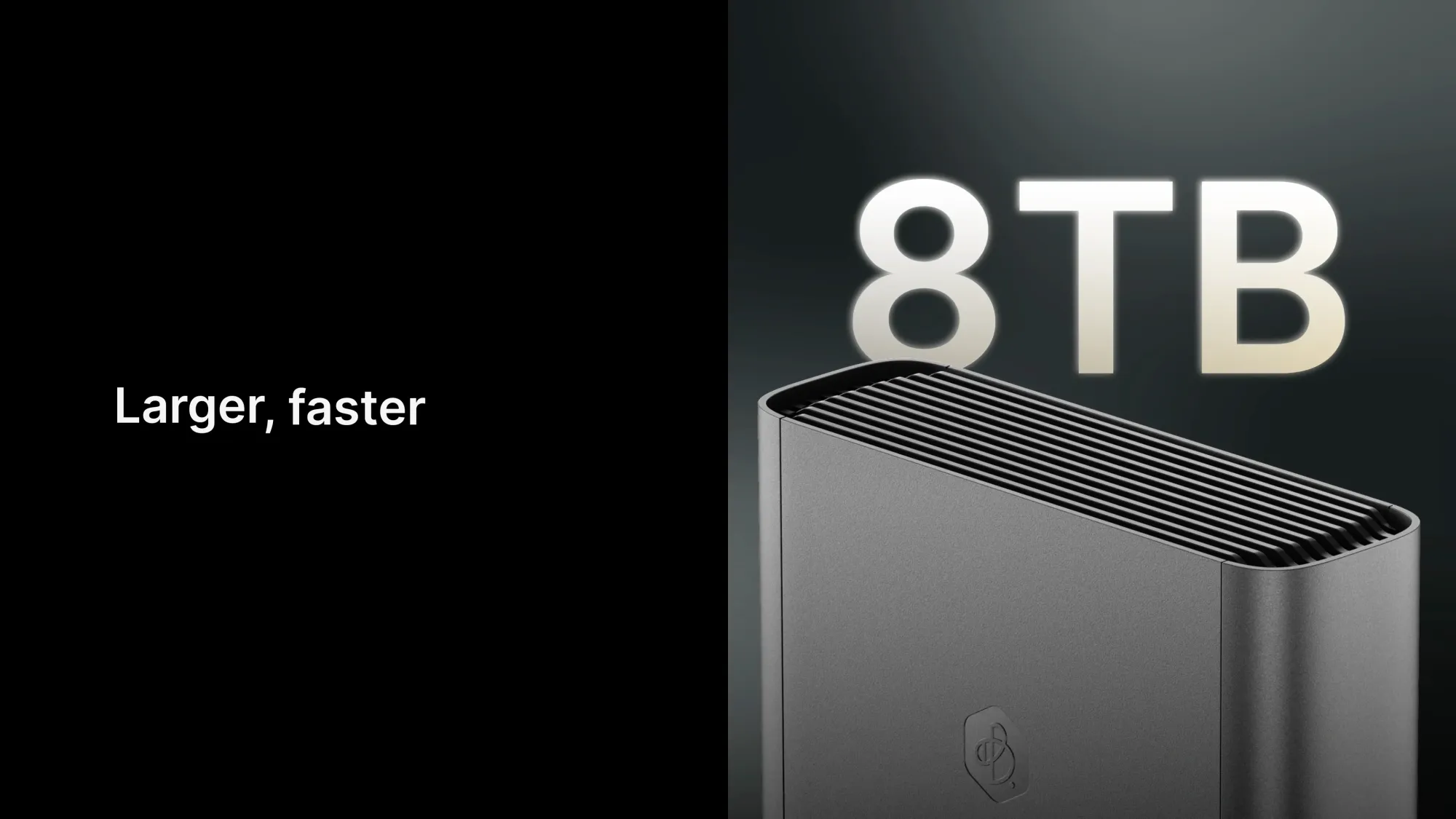
With the CPU upgrade, several software updates have followed. Another indicator of its imminent arrival is that the new BSM 1.3 OS version is already available.
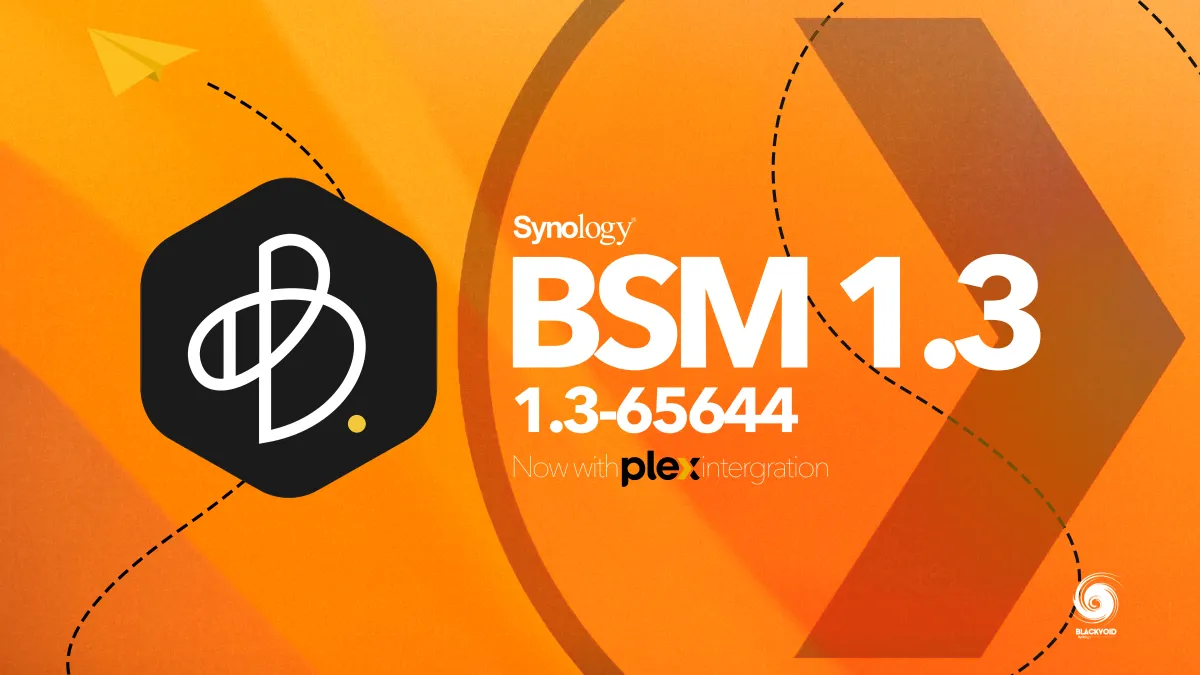
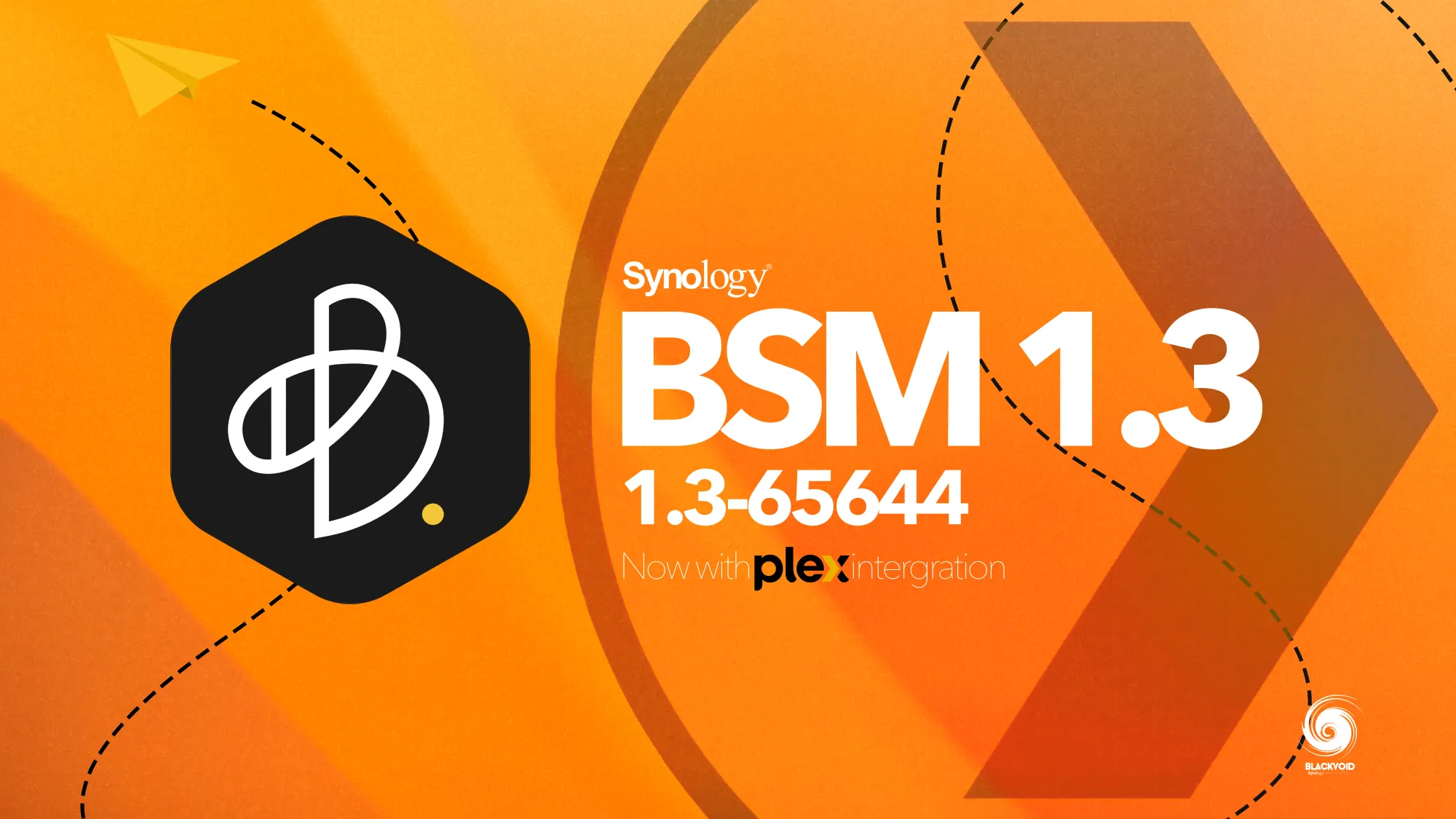
Apart from various optimization and security features, this version introduces PLEX support as its first integration. Reserved exclusively for the Plus model, this move aligns with Synology's history of supporting PLEX as a third-party package on the DSM OS. Offered as an optional, one-click install solution, PLEX will perform exceptionally well on the Plus model thanks to the CPU upgrade, which supports Intel's QuickSync feature for on-device hardware transcoding.

With built-in support for Plex Media Server, BeeStation Plus makes it easy to store, organize, and stream your personal media. Enjoy your entertainment anytime, anywhere, whether on your TV at home or your phone and tablet on the go
This is a welcome addition for many current and future customers, and it is reassuring to see that Synology has not entirely abandoned offering devices with multimedia capabilities. This comes despite their recent discontinuation of the Video Station package and support for on-device processing of H.264 and H.265 content.

With the introduction of BSM 1.2, Synology also began offering their cloud backup solution for BeeStation customers, called BeeProtect. After all, while the BeeStation can serve as a backup device, the question remains: what will its own backup destination be?
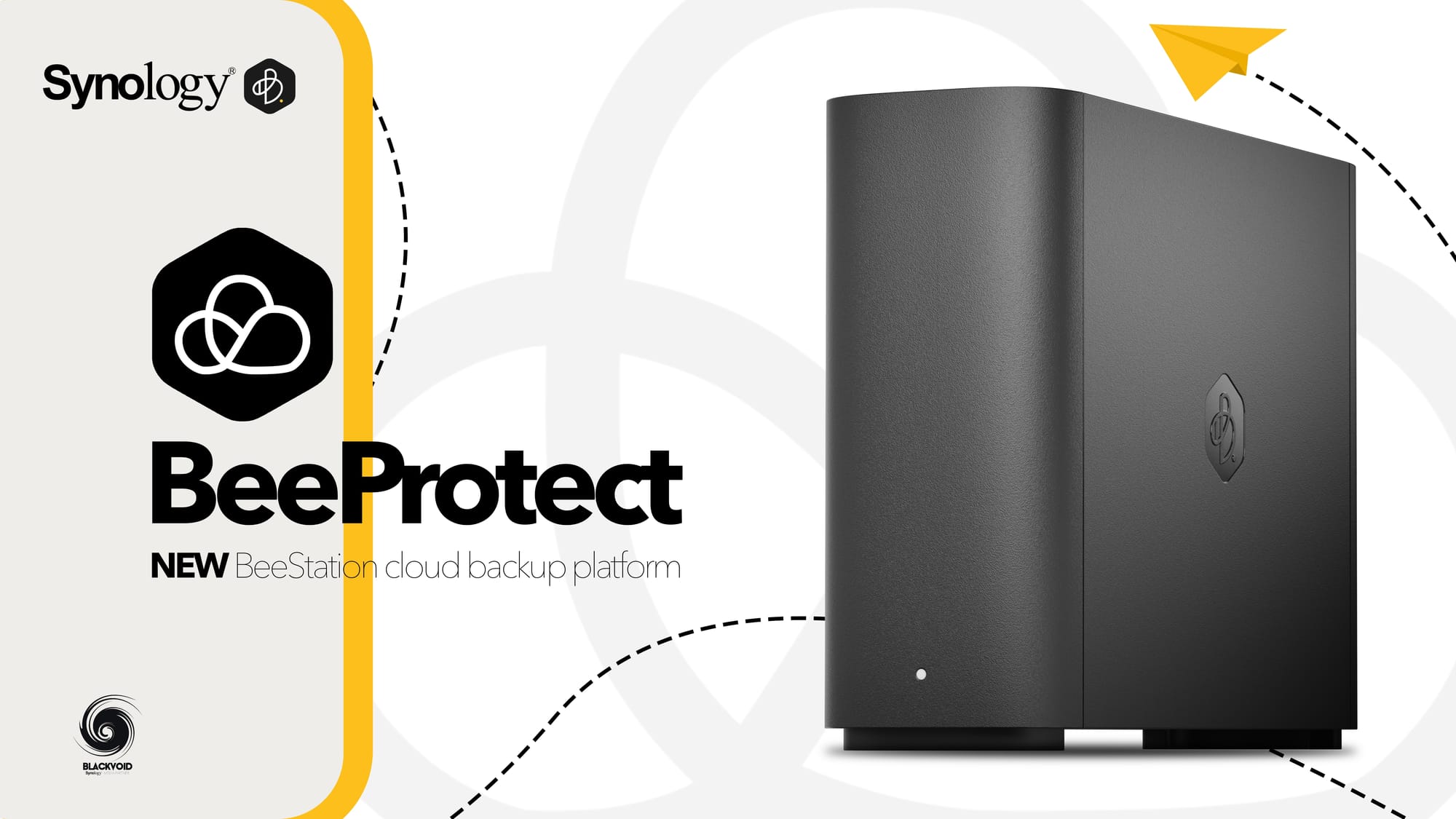
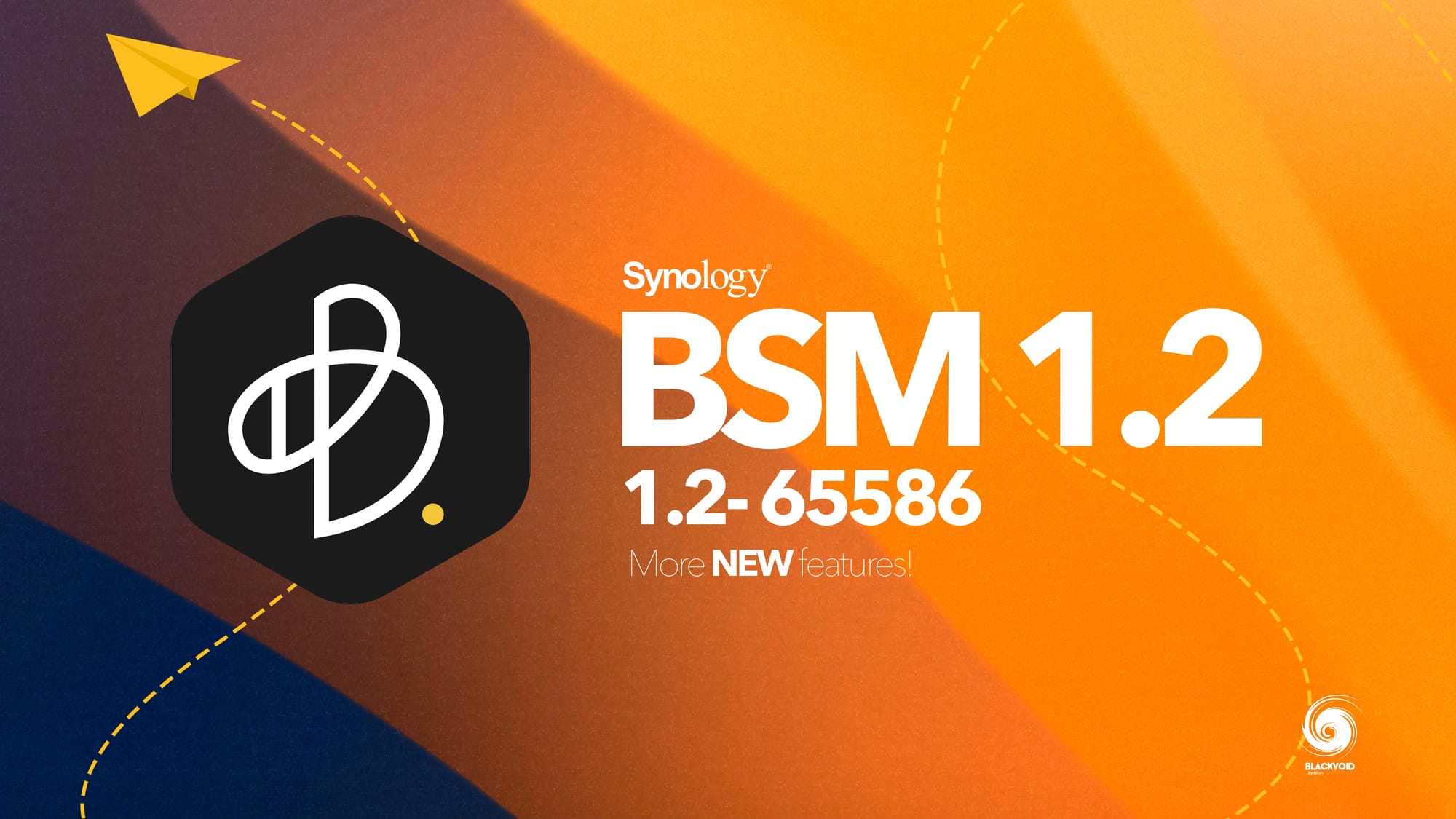
This is why BeeProtect has been designed specifically for the BeeStation and BSM platform, ensuring simple configuration and off-site backup in the event of any minor or major disaster.


Due to the larger drive in the Plus model, the price of BeeProtect is also higher—by 50%, to be precise. With a 3-month complimentary offer, each subsequent annual subscription will cost $119.99. This is a flat rate irrespective of storage utilization, meaning whether you use 8TB or 1TB, the cost remains the same.
When comparing BeeProtect with C2 Storage's advanced plan, it is notably more cost-effective for the end customer. The flat rate of $119.99 per year for 8TB would cost $559 per year with the C2 Storage advanced plan. Although C2 Storage offers features like choosing a data center location, a customizable backup schedule, and more than 8 retained versions allowed by BeeProtect, the 78% price difference is significant and worth considering.
How does BeeStation Plus compare with DS224+?
Considering its specifications, some users might start to question how the Plus model compares against a similar DS224+ 2-bay NAS.
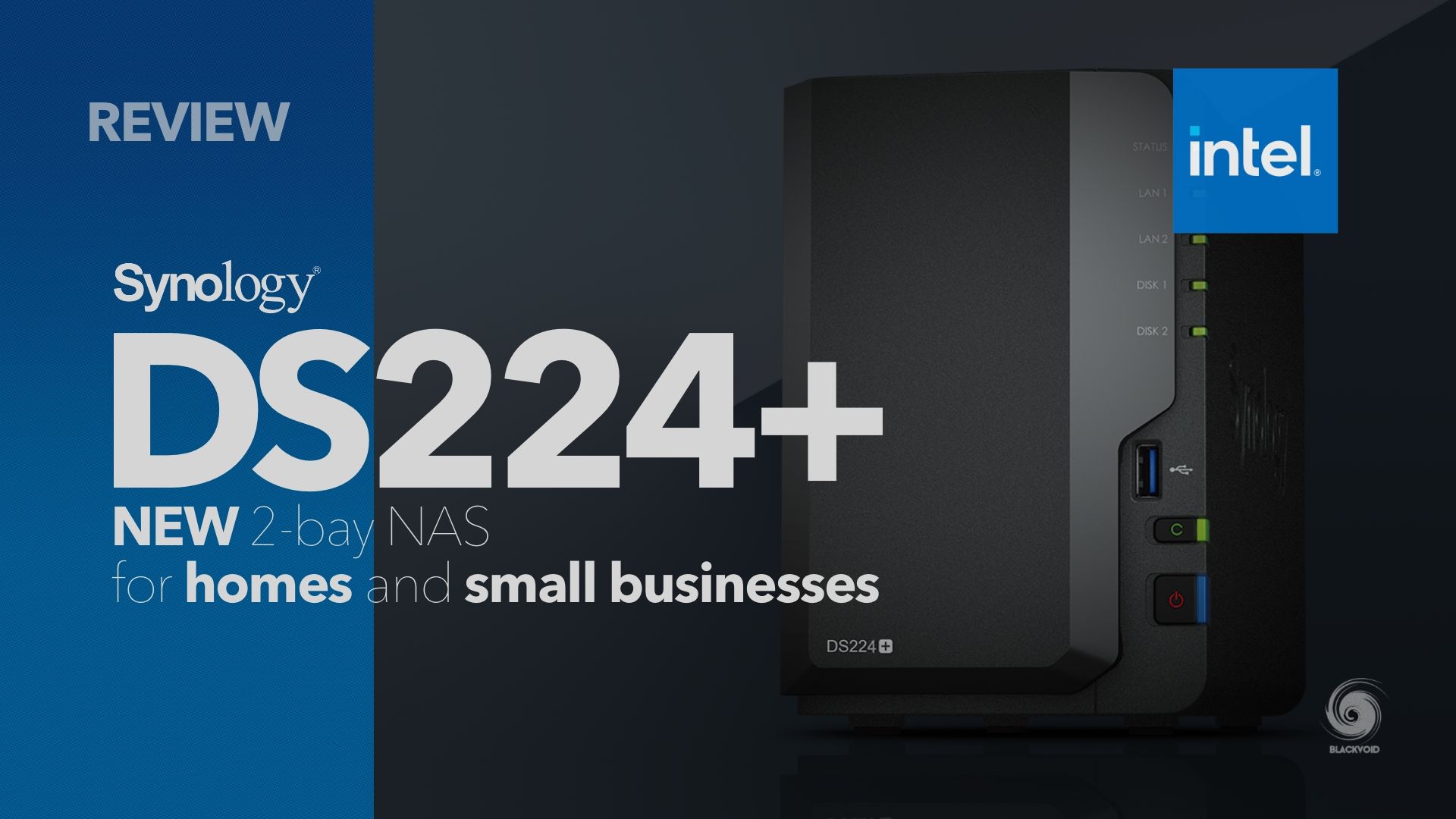
Review of the DS224+ 2-bay NAS solution
To start, the DS224+ is a 2-bay model that offers redundancy, ensuring continuity in case one of the two drives fails. In contrast, the BeeStation, despite its upgraded drive since the first revision, remains a single-drive device. This means if it fails, all services and data on it will be inaccessible or lost without a backup.
Additionally, the DS224+ runs on DSM OS, offering a broader range of features and apps compared to the limited features and two dedicated apps available with the BSM OS. Those seeking more options in terms of services and apps might not consider the BeeStation lineup.
On the other hand, the BeeStation Plus has certain advantages over the DS224+ if the previously mentioned considerations are not a priority. First, while both models feature the same CPU, the BeeStation has double the RAM and a more modern USB-C 3.2 Gen 1 port, which supports fast external 5GbE storage.
From a pricing perspective, the BeeStation Plus is nearly $100 less expensive compared to the DS224+. It runs a single 8TB HAT3310 drive, similar to the one in the BeeStation. With a recommended retail price of $369.95, compared to $498 for the DS224+ with a single drive, the Plus model also offers one extra year of warranty (3-year warranty), a benefit Synology typically reserves for their mid-range DS 'plus' models.

As mentioned earlier, the cloud backup via BeeProtect costs $120 per year for the entire 8TB of space, which is a significant advantage compared to $70 per year per 1TB for C2 Storage—a service used for DS/RS models as their cloud backup option.


The new Plus model offers enough new features and better hardware to make it appealing for both NAS beginners and experienced users. Whether you are a family, movie collector, freelancer, or SOHO worker looking to transition away from commercial cloud services like iCloud, Google Photos/Drive, OneDrive, Dropbox, or others, the BeeStation Plus model could be a perfect starting point for your private cloud journey.
A hands-on review will be covered in a separate article once the model hits the market.
